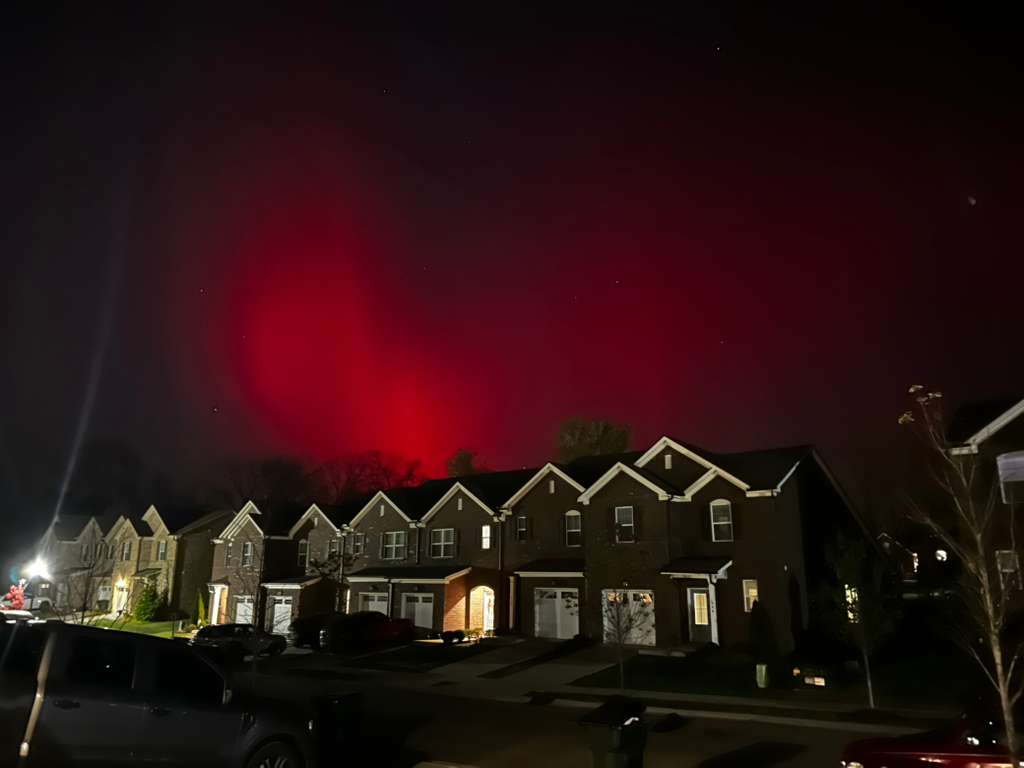
Steminist blog: BECOMING Series
Becoming: Introduction
Olivia Atuah
Growing up in a small, rural town in the United States, the night sky was my biggest classroom. I didn’t have access to fancy observatories or telescopes, but I did have endless stars. While most people around me looked down at the ground, I was always looking up. As a child, I’d sneak outside at night just to plot constellations on my not-so-accurate graph of the night sky, wondering how something so far away could evoke such deep, personal feelings in my heart.
That curiosity became my compass. I wanted to learn how the universe worked, and how something so vast and –quite frankly terrifying– could exist in perfect, beautiful harmony. Space became more than just a hobby; it became my escape, teacher, and passion. It wasn’t just about the science for me; it was about believing that more existed beyond what I could see and that maybe one day, I could reach it.
When I started to voice my love for the cosmos to the people around me, the doubt started seeping in. I started to hear the same, dreaded phrase over and over again: “People from here just don’t do that kind of thing”, “People like us just don’t do that kind of thing.” It wasn’t said with cruelty in mind, but with a kind of quiet resignation. Like space, ambition, and science as a whole were luxuries reserved for people from somewhere else, who looked like someone I didn’t. But those words only made me want it more. Every “it’s not possible” was another reason to prove that I could. I wanted to prove that curiosity isn’t dependent on geography, race, or gender– it depends on your heart.
To stoke that growing determination, I started researching, not just the universe itself, but the people who dared to study it. That’s when I discovered Neil deGrasse Tyson. The first time I heard him speak about “The Most Human Activity”–science–I felt something shift. Listening to him describe how exploration is built into who we are, and how his own life changed the moment he looked at the moon through binoculars, made me feel seen for the first time. Here was a man, and a person of color like me, saying that the wonder I felt wasn’t strange or naive, but it was human, even scientific. Through his words, I learned that curiosity isn’t something to hide; it’s something to celebrate. For the first time in my life, I didn’t feel like I had to shrink to fit in. Tyson showed me that wonder has no limits and that representation is its own kind of gravity, pulling others toward possibility.
These days, my life revolves around that same sense of wonder. Whether I’m working through a tough physics problem set, taking pictures of the different phases of the moon, or telling my younger sister about the galaxies beyond the one we call home, I’m at my best when I’m learning.
To my younger self's dismay, I’ve learned over the years that science isn’t always glamorous. It’s long nights, frustration, self-doubt, thousands of crumpled papers, and even more ‘back to the drawing board’ moments. But every time I learn something new and it finally clicks, I feel that same spark that I did as a kid.
Being a woman of color in STEM means more than chasing my own dreams; it means carrying the dreams of others who never saw themselves represented. I know that this won’t be easy. There are moments even now where I feel the pressure to prove that I belong, to prove that my struggle doesn’t define me. But I’ve learned that struggle isn’t a sign of weakness; it’s the process of growth. Stars collapse before they shine brighter, and I think people do, too. The challenges ahead might test me, but they won’t define me. I’ve already defied expectations just by daring to dream beyond them.
Looking up at the stars taught me that curiosity has no bounds and that seeing someone who looks like you in fields where you make up 18% of the workforce can make all the difference. That’s why I am so excited to use my voice to highlight women in STEM. If I can help one young girl realize that she can reach for the stars, then all of the wonder, struggle, and determination I’ve carried will have a purpose.
